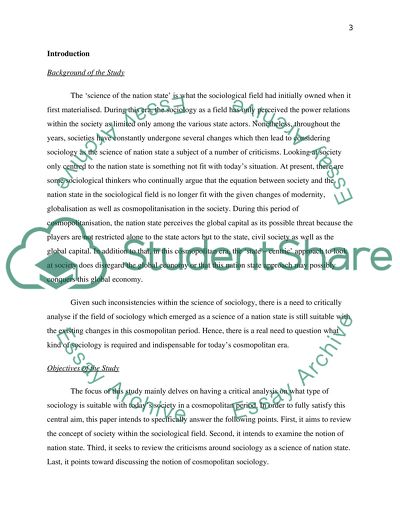Cite this document
(“Sociology in a Cosmopolitan Era Essay Example | Topics and Well Written Essays - 3000 words”, n.d.)
Retrieved from https://studentshare.org/sociology/1400788-sociology-in-a-cosmopolitan-era
Retrieved from https://studentshare.org/sociology/1400788-sociology-in-a-cosmopolitan-era
(Sociology in a Cosmopolitan Era Essay Example | Topics and Well Written Essays - 3000 Words)
https://studentshare.org/sociology/1400788-sociology-in-a-cosmopolitan-era.
https://studentshare.org/sociology/1400788-sociology-in-a-cosmopolitan-era.
“Sociology in a Cosmopolitan Era Essay Example | Topics and Well Written Essays - 3000 Words”, n.d. https://studentshare.org/sociology/1400788-sociology-in-a-cosmopolitan-era.


